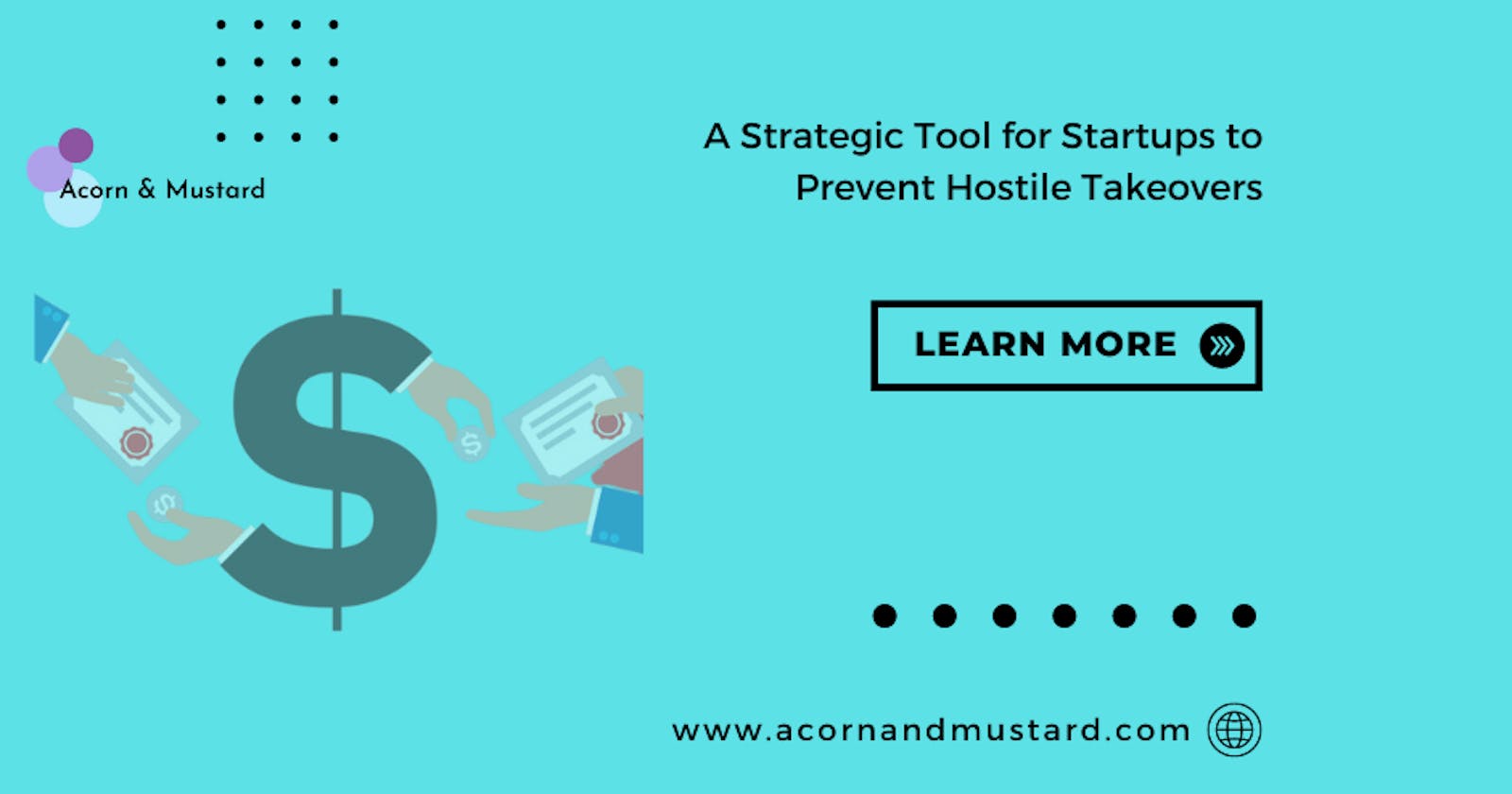SHARE BUYBACK IN NIGERIA: A Strategic Tool for Startups to Prevent Hostile Takeovers
By Kofi Apori & Theresa Dukumor
INTRODUCTION
Picture this: You're casually scrolling through your Twitter feed when you stumble upon a shocking revelation – someone has just swooped in and snatched up a significant portion of your beloved publicly quoted company, leaving you no longer in control. This real-life scenario recently played out when Nigerian billionaire Femi Otedola, emerged as the largest shareholder in Tony Elumelu's Transcorp PLC. But here's the twist: Elumelu swiftly countered by buying out Otedola at a jaw-dropping profit of about three times the share price. Recent real-life examples, like Femi Otedola's moves in Transcorp PLC and Tony Elumelu's swift response, highlight the need for effective strategies to fend off hostile takeovers. In this article, we embark on a deep dive into the world of share buybacks – a strategic move that companies can wield to defend themselves from hostile takeovers.
What is Share Buyback
A share buyback is a process by which a company acquires some of its issued shares from existing holders, thereby reducing the number of shares in issue and consolidating ownership within the company. A company can buyback shares from existing shareholders, under sanctioned court schemes, in the open market, or through employee stock options.
Relevance and Benefits of Share Buyback
Defence against hostile takeovers: By reducing the number of outstanding shares in circulation, it makes it more challenging for external entities, including VCs, to gain controlling interests. This shields the company from potential hostile takeovers.
Enhancing shareholder value: Share buybacks enable companies to generate additional shareholder value. By reducing the number of shares in circulation, the earnings per share increase, potentially boosting share prices and making the business look more attractive to investors. Apple is famous for making $282.87 billion in stock buybacks in the past five years, about 3.5 times as much as any other company which has directly resulted in an increase in its share value.
Efficient Capital Allocation: Companies with excess cash may choose to invest in their own shares instead of pursuing new projects or acquisitions.
Consolidate Ownership and Control: A company with thousands of stocks issued essentially has thousands of voting owners. A buyback reduces the number of owners, voters, and claims to capital.
Preserve the Stock Price: During a recession, companies often face the need to preserve cash, which may require cutting dividends. This can trigger a sell-off of shares. However, if the company opts for a share buyback instead, it can achieve the same capital preservation effect as a dividend cut while potentially maintaining the share price.
Strategic self investment; When a stock is significantly undervalued, the company can repurchase its own shares at the lower price. Once the market corrects and the stock price increases, the company can then reissue those shares, effectively boosting its equity capital without the need to create additional shares.
Offset dilution. Growing companies may find themselves in a race to attract talent. If they issue share options to retain employees, the options that are exercised over time increase the company’s total number of shares outstanding—and dilute existing shareholders. Buybacks are one way to offset this effect.
Disadvantages of Share Buyback
Strain on Cash flow: The downside to buybacks is they are typically financed with debt, which can strain cash flow.
Market Timing Risks: Companies must be cautious when implementing share buybacks as purchasing shares at inflated prices can erode shareholder value. Poor timing or misjudgment of market conditions may lead to suboptimal use of capital.
Investor Pessimism: Investors may be reluctant to purchase the re-issued shares if they feel they've been burned by a company this way.
Misallocation of resources: funds spent on buybacks could be spent on research, marketing or other growth purposes.
Key Points to Note (Procedure for Share Buy Back in Nigeria)
Permission in Articles: A limited liability company can buy its own shares, including redeemable shares, but only if permitted by its articles of association.
Shareholder Approval: The acquisition of shares by the company must be approved by the shareholders through a special resolution.
Purchase of Fully Paid Shares: The company can only purchase fully paid shares, and the terms of purchase must include provisions for payment.
Public Notice: Within seven days of passing the special resolution, the company must publish a notice of the proposed share purchase in two national newspapers.
Solvency Declaration: Within 15 days of publication, the company's directors must make and file a statutory declaration of solvency with the regulatory commission. The declaration should confirm that the company is solvent, capable of paying its debts, and will remain so after the share purchase.
Limitations on Share Purchase: The company cannot purchase its shares if it would result in no issued shares remaining, except for redeemable shares or treasury shares.
Conclusion
Share buybacks serve as a valuable financial tool for Nigerian companies, offering benefits such as enhanced shareholder value, efficient capital allocation, and defence against hostile takeovers. For startup founders, buybacks provide a means to safeguard their ventures from VC takeovers. However, careful consideration and customisation are essential for effective implementation along with consulting a lawyer on the best way to implement share buybacks that align with the specific needs of each business. By leveraging share buybacks strategically, founders can protect their vision, maintain control, and optimise their capital structure in Nigeria's dynamic business landscape.
